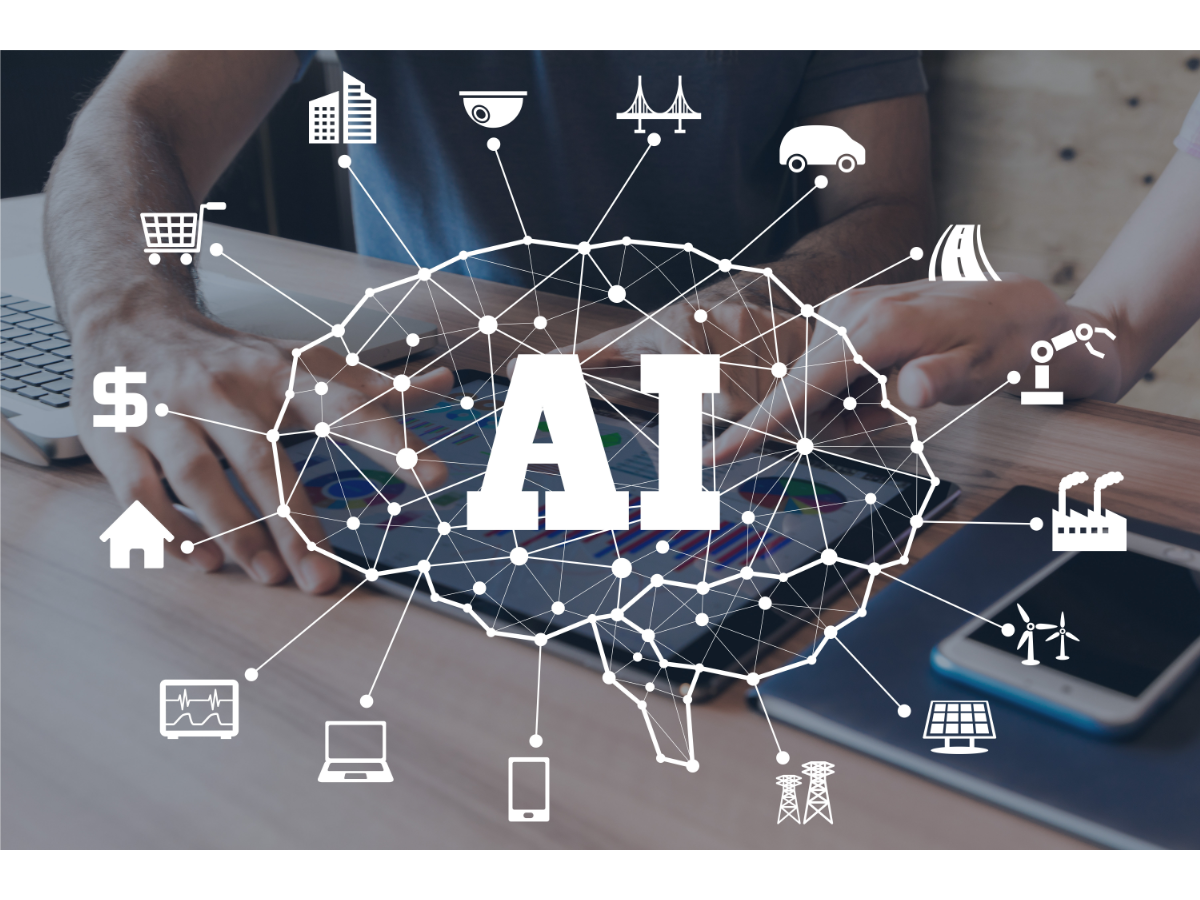How AI and big data analytics are changing influencer marketing

Influencer marketing has been in existence for about a decade now. During this time, this brand promotion tactic has become increasingly popular among businesses of various sizes due to its effectiveness in reaching a wider audience and increasing brand awareness.
No wonder, that the global influencer marketing platform market was worth $7.36 billion in 2021 and will reach the value of $69.92 billion by 2029, according to Data Bridge Market Research. However, it’s very likely that by 2029 influencer marketing will be somehow different from what it is today.
As an instrument, it has been constantly evolving since day one and it keeps changing with new social platforms, technologies, and trends emerging every now and then. This evolution is currently taking a new turn with the introduction of AI tools and big data analytics to the niche.
Combined or used separately, these technologies are set to make influencer marketing more efficient for both businesses and influencers by improving the processes of setting and executing influencer marketing campaigns. They are already being implemented here and there, and the results are impressive.
It’s just a matter of time until AI and big data analytics will be used all over, for each new influencer marketing campaign by every brand. Let’s look at how these technologies can be implemented on various stages of a campaign.
Influencer scouting
For influencer marketing purposes, big data can be collected from various open sources, including social media platforms, blogs, forums, and other websites, for AI algorithms to analyze it. AI can go through all that information to identify the key insights with enormous speed that no human can achieve.
It allows businesses to gain understanding of the behavior of consumers, their preferences, and opinions. With this data, it’s possible to identify the most relevant influencers to a brand’s target audience. It allows companies to spend marketing budgets with greater efficiency, saving money and getting the best possible results.
In addition, it can help brands to avoid fraud and ensure that they are working with legitimate influencers. By analyzing data, it’s possible to identify influencers who have fake followers or engage in fraudulent activities. This saves brands from wasting resources on inefficient campaigns too.
Moreover, AI-powered big data analytics can be used to discover not yet well-known influencers who have the potential to reach a large audience later. Collaborations with such micro- and nano-influencers allow brands to tap into new audiences and expand their reach.
Besides, when these influencers’ audience grows, they are going to be more loyal to brands that noticed them first. So, in the future it may be much easier to approach them with new campaigns.
Automating repetitive tasks
Even though marketing is a creative field, there are still numerous mundane repetitive tasks that come with it. It’s good that a lot of them can be delegated to AI. We already know that marketers don’t have to search social media platforms manually to find suitable influencers because AI-powered big data analytics tools can do that for them, but there’s more.
For instance, writing emails and messages to a bunch of influencers when approaching them with a new campaign. ChatGPT and other AI chatbots can assist you in writing those, personalizing each message based on data on the influencers from your list.
Chatbots can also help brands manage their influencer campaigns more efficiently by automating tasks such as scheduling posts, sending reminders, and tracking performance metrics. After a campaign is completed, AI can assemble a presentation, showcasing its results. There are already AI services for presentations, like Beautiful.ai and Kroma.ai, and some influencer marketing platforms have similar built-in tools.
Content creation
AI can help brands and influencers create more efficient campaigns by analyzing social media content of the target platform to identify the best performing trends of the moment or for that particular influencer. This includes analyzing the language used in posts, recognizing popular hashtags, and even predicting which types of content will perform best with a specific audience.
By leveraging this information, brands and bloggers can create more targeted campaigns that are more likely to resonate with their audience, building stronger relationships and driving more engagement. In addition, AI can easily help with content drafts and ideas, be it texts or visuals.
Measuring efficiency
Another benefit of big data analytics and AI in influencer marketing is the ability to measure effectiveness of campaigns automatically. By analyzing data on engagement rates, conversions, and other metrics, brands can determine which influencers and campaigns are driving the most ROI (return on investment) and adjust their strategies accordingly.
Also, as it was mentioned above, AI can easily turn this information into a presentation for stakeholders. In addition, it can use it to produce recommendations for the next campaigns to boost their efficiency.
Overall, the integration of AI and big data analytics into influencer marketing is revolutionizing the industry in many ways, making it a more organized and approachable industry. By leveraging the power of data analysis, chatbots, and other AI tools, brands can create more effective campaigns, build stronger relationships with influencers, and drive more ROI from their advertising efforts.
